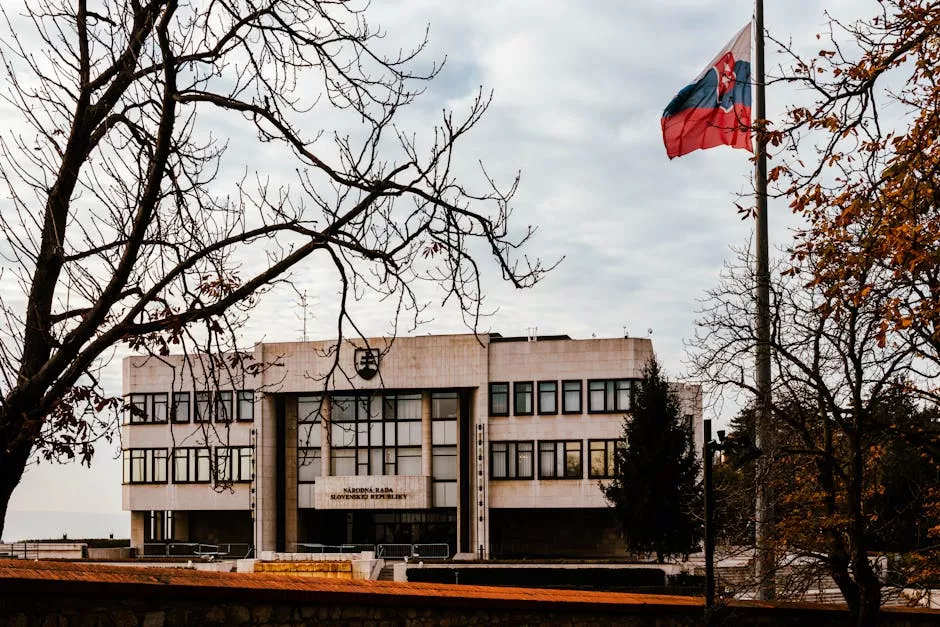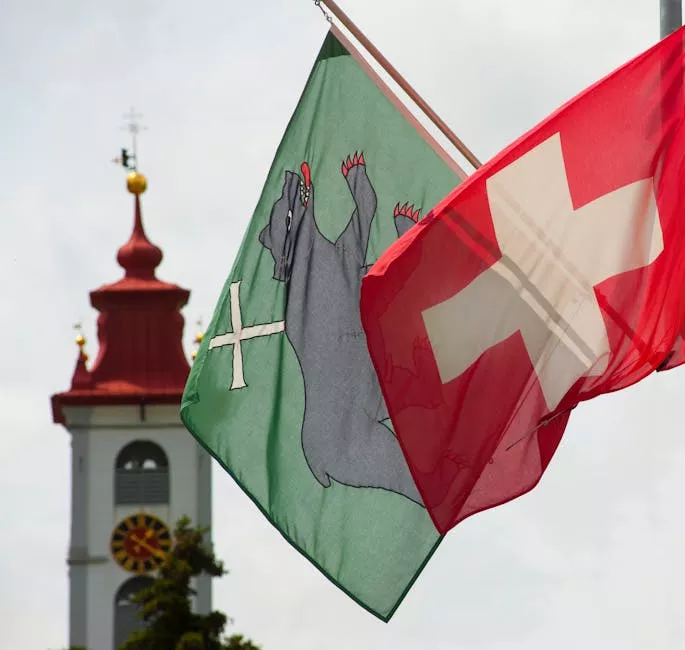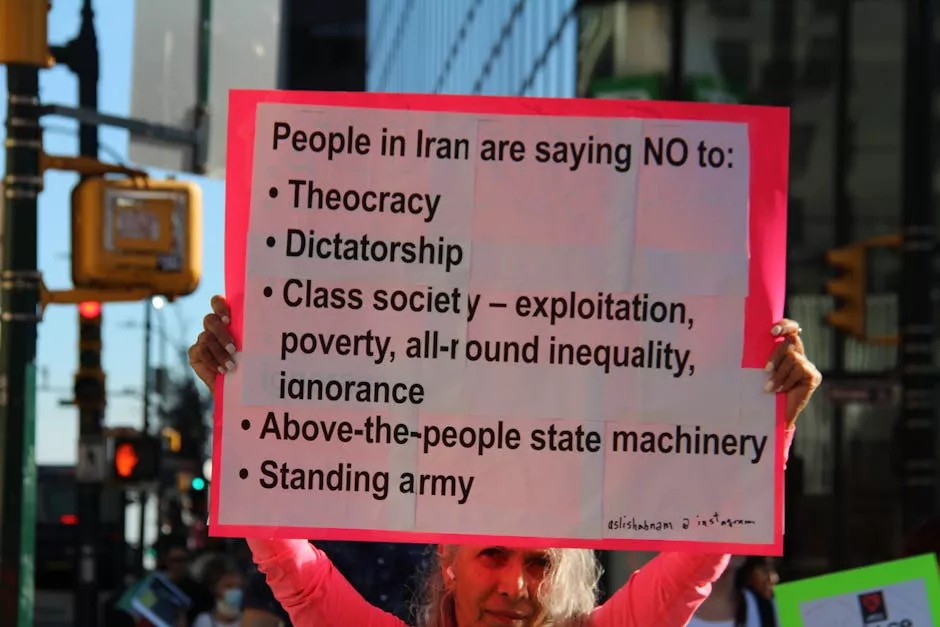Saudi Arabia Frees US Citizen After Trump-Crown Prince Meeting
Saudi Arabia releases 75-year-old US retiree Saad Almadi, jailed for critical tweets, following high-level diplomatic talks between Trump and Crown Prince Mohammed bin Salman.

Saudi Arabia has agreed to release US citizen Saad Almadi, a 75-year-old retiree who was imprisoned and banned from leaving the kingdom over critical social media posts, marking a significant diplomatic breakthrough following a crucial meeting between Crown Prince Mohammed bin Salman and former President Donald Trump.
Timeline of Imprisonment and Release
Almadi's ordeal began in 2021 when Saudi authorities sentenced him to 19 years in prison for publishing 14 tweets critical of the Riyadh government. The harsh sentence reflected the kingdom's increasingly aggressive stance toward online dissent, particularly from Saudi nationals and those with ties to the country living abroad.
In 2023, Saudi authorities modified the charges, reclassifying them as "cyber crimes" and converting the prison sentence into a 30-year travel ban, effectively trapping Almadi in the kingdom. The Florida resident had been unable to return to his home country, becoming one of several dual nationals caught in Saudi Arabia's broader crackdown on digital criticism.
Diplomatic Breakthrough
The announcement of Almadi's release came just one day after Crown Prince Mohammed bin Salman met with Donald Trump at the White House, highlighting the intricate relationship between US-Saudi diplomacy and individual cases of detained Americans abroad. Almadi's family has publicly thanked both Trump and the State Department for their efforts in securing his freedom.
This release comes five months ahead of the originally scheduled lifting of travel restrictions, suggesting that high-level diplomatic pressure played a crucial role in accelerating the timeline. The timing underscores how personal diplomatic relationships can influence the fate of detained individuals in international cases.
Broader Implications for US-Saudi Relations
Almadi's case represents part of a larger pattern of Saudi Arabia's use of detention and travel bans against critics, including dual nationals and foreign residents. The kingdom has faced international criticism for its treatment of dissidents, particularly in the aftermath of journalist Jamal Khashoggi's murder in 2018.
The resolution of this case may signal Saudi Arabia's desire to improve its international image and strengthen ties with the incoming US administration. For the Trump administration, securing Almadi's release demonstrates the effectiveness of direct diplomatic engagement with Saudi leadership.
Impact on Digital Rights and Free Speech
The case highlights ongoing concerns about transnational repression and the risks faced by individuals who criticize authoritarian governments online, even when residing abroad. Almadi's experience serves as a cautionary tale for dual nationals and diaspora communities who engage in political commentary on social media platforms.
As Almadi prepares to return to Florida, his release represents both a personal victory and a broader diplomatic success, though questions remain about other detained Americans and the kingdom's commitment to protecting freedom of expression in the digital age.






